- You have no items in your shopping cart
- Subtotal: £0.00
A recent scientific study of the genetics of chilli peppers has discovered that scores of new chilli hybrids can be bred by crossing domesticated peppers with their wild cousins. The findings were published in the journal PLOS ONE and concluded that breeding compatibility between species was not necessarily connected to how closely related they were to each other.
Catherine Parry, the lead author of the study, said: “It was previously thought that only a narrow range of species could be successfully hybridised for cultivation, but our research has shown that there is a much wider potential number of varieties that could be grown.” She collected the data whilst on a six-month work placement at the World Vegetable Center in Taiwan as part of her undergraduate degree in Biology at the University of Bath.
Catherine explains “Many of the wild species have better disease resistance and so our findings could be valuable for identifying candidates for future breeding programmes, potentially increasing productivity for food producers and maybe even creating some new flavours to explore too!”
Chillies are a diverse species
There are 35 species of pepper in the Capsicum family including five domesticated species and a countless number of varieties. The website thechileman.org contains a searchable database of 3812 named varieties and there are probably many more but this study suggests that new and novel varieties will continue to bred for many years to come.
One of the best ways to learn about the incredible diversity of the capsicum species is on a Chilli Tour and Tasting Experience here at the Chilli Ranch. Not only will you learn about chilli varieties tour a commercial hot pepper farm but you will also participate in a hosted tasting session of chilli sauces, jams and fresh chillies. It’s great fun and we always have a little milk on standby in the event someone gets a real burn on. 😉
Thanks for tuning in again to our chilli stories from near and far. We will continue to bring you everything you need to know about chillies both local and global. #homeofbritishchillies #keepithot
Reference: “Reproductive compatibility in Capsicum is not necessarily reflected in genetic or phenotypic similarity between species complexes” by Catherine Parry, Yen-Wei Wang, Shih-wen Lin and Derek W. Barchenger, 24 March 2021, PLOS ONE.
DOI: 10.1371/journal.pone.0243689
-
 Chilli Lovers Two Jar Gift£13.50
Chilli Lovers Two Jar Gift£13.50 -
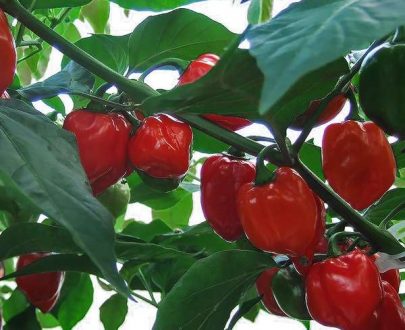 Caribbean Red Habanero chilli seeds (approximately 20 seeds)£4.00
Caribbean Red Habanero chilli seeds (approximately 20 seeds)£4.00 -
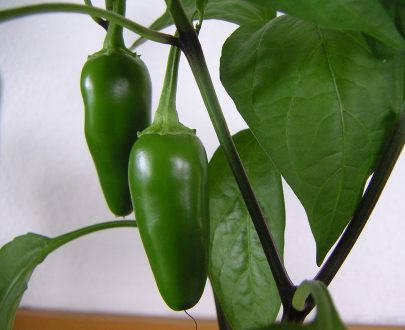 Early Jalapeno chilli SEEDS (approximately 20 seeds)£4.00
Early Jalapeno chilli SEEDS (approximately 20 seeds)£4.00 -
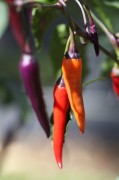 Purple Haze chilli Seeds (approximately 20 seeds)£4.00
Purple Haze chilli Seeds (approximately 20 seeds)£4.00 -
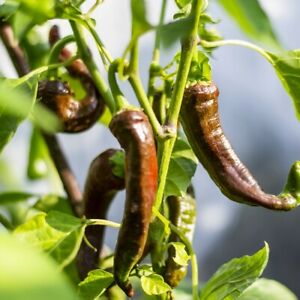 Kashmiri chilli SEEDS (approximately 15 seeds)£2.20
Kashmiri chilli SEEDS (approximately 15 seeds)£2.20 -
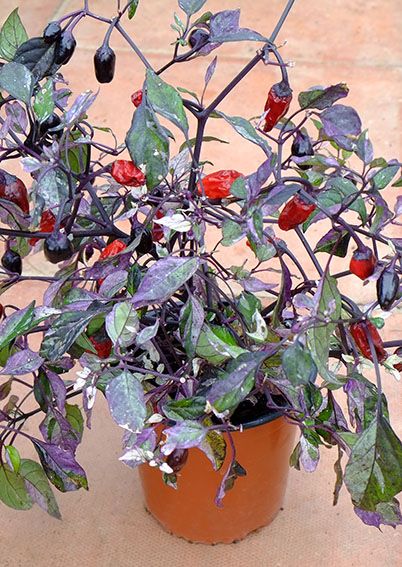 Calico chilli SEEDS (approximately 20 seeds)£2.00
Calico chilli SEEDS (approximately 20 seeds)£2.00 -
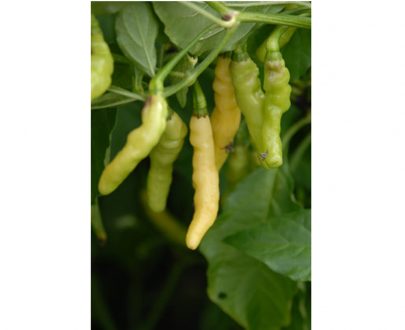 Turtle Claw chilli SEEDS (approximately 15 seeds)
Turtle Claw chilli SEEDS (approximately 15 seeds) -
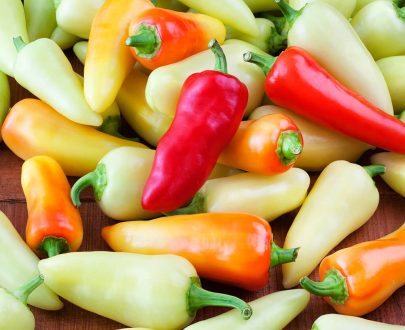 Santa fe Grande chilli SEEDS (approximately 20 seeds)£2.00
Santa fe Grande chilli SEEDS (approximately 20 seeds)£2.00 -
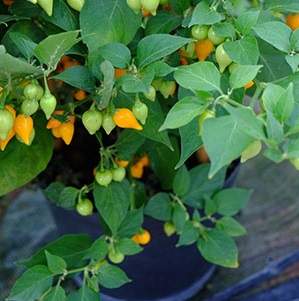 Biquinho Yellow chilli SEEDS (approximately 15 seeds)£4.00
Biquinho Yellow chilli SEEDS (approximately 15 seeds)£4.00
